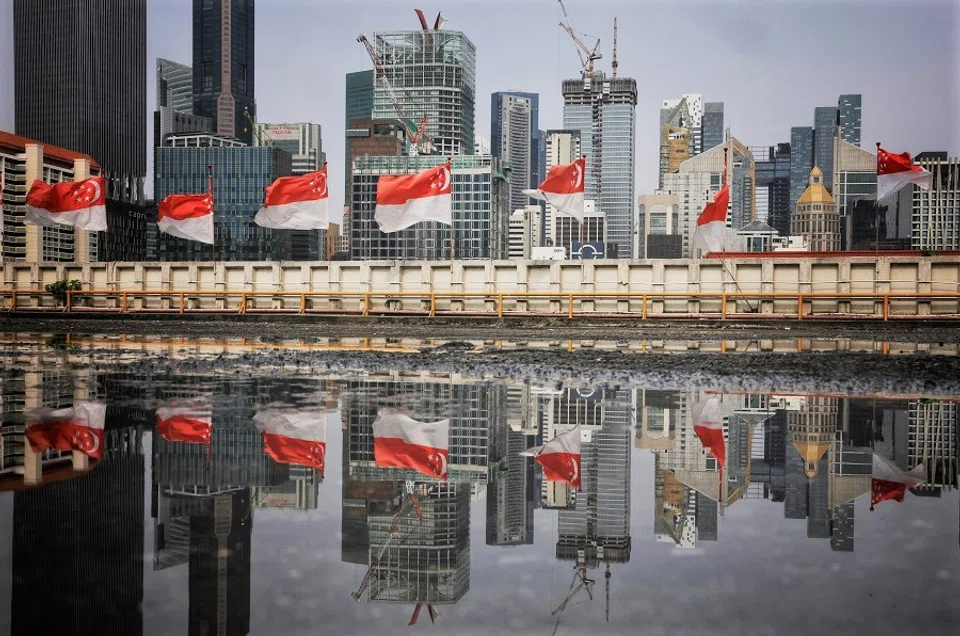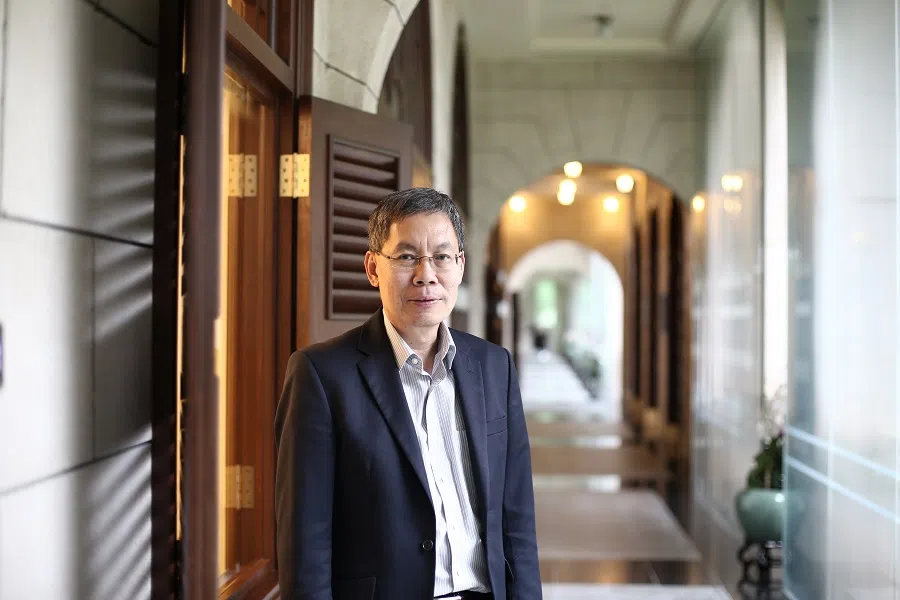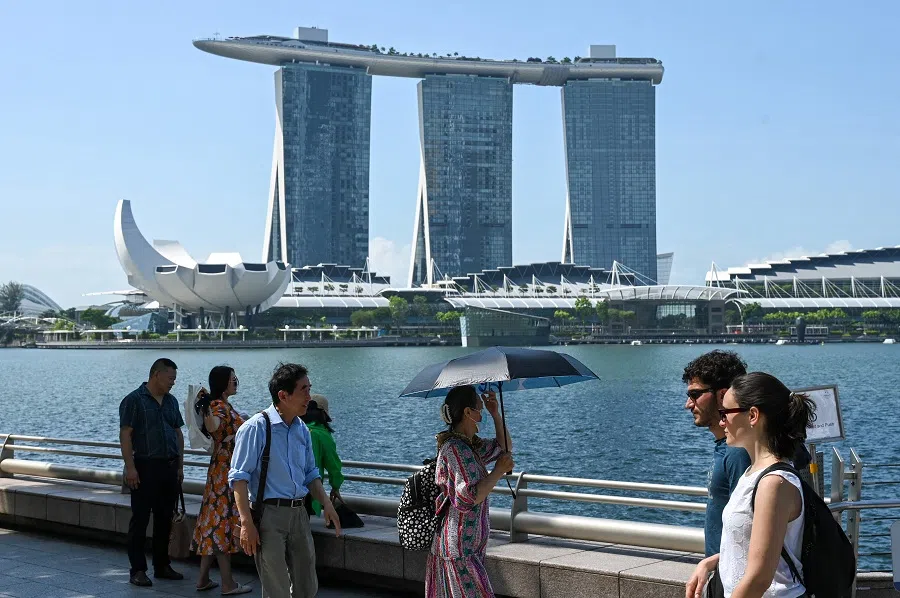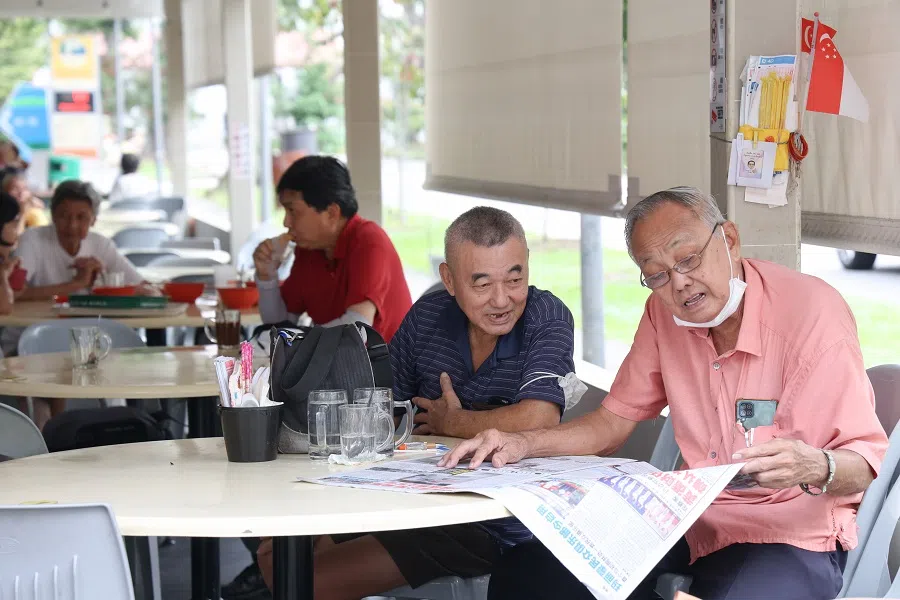Singapore ambassador to the US responds to Washington Post: Singapore media will not choose sides
In response to the Washington Post's recent article that accused Lianhe Zaobao for echoing Beijing's propaganda, Singapore ambassador to the US Lui Tuck Yew argues that Singapore's media, along with the country's foreign policy, will not choose sides between the US and China.

Responding to The Washington Post's article that criticised Singapore's mainstream media Lianhe Zaobao for echoing Beijing's propaganda, Singapore ambassador to the US Lui Tuck Yew stressed in a letter to the publication that it is "misguided for American news outlets to expect Zaobao to resemble The Washington Post or for Singapore to follow either the US or China".
Lui pointed out that Singapore's media and society are "unique" and offer "valuable perspectives that contribute to the global dialogue".
Washington Post's pre-established mindset and agenda
On 24 July, The Washington Post published a feature article titled "In Singapore, loud echoes of Beijing's positions generate anxiety", which asserted that Singapore's majority ethnic-Chinese population is "increasingly sympathetic to Beijing", and that the flagship broadsheet, Lianhe Zaobao, "now routinely echoes some of Beijing's most strident falsehoods".
Lianhe Zaobao strongly refuted the publication's allegations, rebuking The Washington Post for making biased comments and unfair statements about Lianhe Zaobao by deliberately highlighting and piecing together information with a pre-established mindset and agenda.
Lui also pointed out that in his former role as Singapore's ambassador to China, he had often heard Lianhe Zaobao's readers of various nationalities affirm the broadsheet's balanced coverage and uniquely Singaporean viewpoints.

Lui had issued the letter to The Washington Post's editor on 26 July but the publication has not responded to Lui's request to publish the letter. The Singapore Embassy in Washington DC made the letter public on Facebook on 5 August.
In the letter, Lui said that the two journalists who wrote The Washington Post's article "wrongly suggest" that Lianhe Zaobao echoes Beijing's propaganda.
He stressed that Singapore is a multi-racial and multi-religious country; its mainstream media, including Lianhe Zaobao, reflect the country's distinct societal concerns, cultural history and perspectives. He wrote, "[Singapore's mainstream media] report local and global news for Singaporeans and play a crucial role in preserving the voices of our multi-cultural communities."
Singapore's foreign policy upholds consistent principles
Lui also pointed out that in his former role as Singapore's ambassador to China, he had often heard Lianhe Zaobao's readers of various nationalities affirm the broadsheet's balanced coverage and uniquely Singaporean viewpoints. "I'm therefore not surprised that Lianhe Zaobao has categorically rejected how it was wrongly portrayed in the article and clearly explained its editorial stance," he noted.
Lui reiterated that Singapore conducts its foreign policy based on the country's own interests and does not pick sides but upholds consistent principles.

Quoting a July 2022 poll by Singapore's Ministry of Communications and Information (MCI), Lui noted that 86% of Singaporeans felt that the Singapore government should always act in Singapore's best interest and not take sides between the US and China. Only 4% of Singaporeans think that Singapore should lean towards China, and another 4% towards the US.
Lui reminded, "This is despite Singaporeans consuming news from a wide variety of sources. In fact, American and British media are by far the main sources of international news consumed by Singaporeans."
He said that it is "misguided" for American news outlets to expect Lianhe Zaobao to resemble The Washington Post or for Singapore to follow either the US or China. "Our media and society are unique, and offering valuable perspectives that contribute to the global dialogue," he added.
MCI: Singapore's media balanced and trusted by its people
In a statement provided to The Washington Post prior to the article's publication, MCI said that its polling showed that Singaporeans understand the need for an independent foreign policy. Its data also suggest that Singapore's media provide a balanced perspective that is trusted by Singaporeans.

The statement asserted that polling conducted since 2018 has consistently found a significant majority of Singaporeans comfortable with the state of Singapore's relations with both the US and China. The proportion of Singaporeans satisfied with the country's ties with China increased from 49% in 2018 to 58% now, and those satisfied with its ties with the US climbed from 61% in 2018 to 69% at present.
Polls conducted after Russia's invasion of Ukraine in 2022 also showed that Singaporeans were highly supportive of the government's sanctions against Russia, with only 11-14% of the population against them. While support among Chinese Singaporeans aged 50 and above is relatively lower, opposition to sanctions against Russia among the group never exceeded 24%.
The polls also found that 95% of Singaporeans get their news from local sources, while 30% of the population also consume news from international sources. The proportion of Singaporeans who obtain their news from the UK/US, mainland China, Hong Kong and Taiwan sources were 20%, 9%, 7% and 6% respectively.
70% of Singaporeans believe that local news sources have more influence on their views, while only 6% believe that international news sources are more influential.

Notwithstanding, 70% of Singaporeans believe that local news sources have more influence on their views, while only 6% believe that international news sources are more influential.
MCI's statement also pointed out that the aforementioned data suggest that Singapore's media provide a balanced perspective that is trusted by Singaporeans, which helps the population hold firm to the belief that the country's foreign policy must be rooted in its own interests and values.
This article was first published in Lianhe Zaobao as "新加坡驻美大使回应《华邮》长文 新媒不会效仿美媒或在中美选边".
Related: Lianhe Zaobao's response to The Washington Post's article | Navigating China-US competition: A Singapore Chinese-language paper's experience | Chinese media companies' quest for survival | Challenges of Singapore's Chinese community amid competing influences: Lessons from an old bookstore | Can we still trust the media amid falling media credibility?





